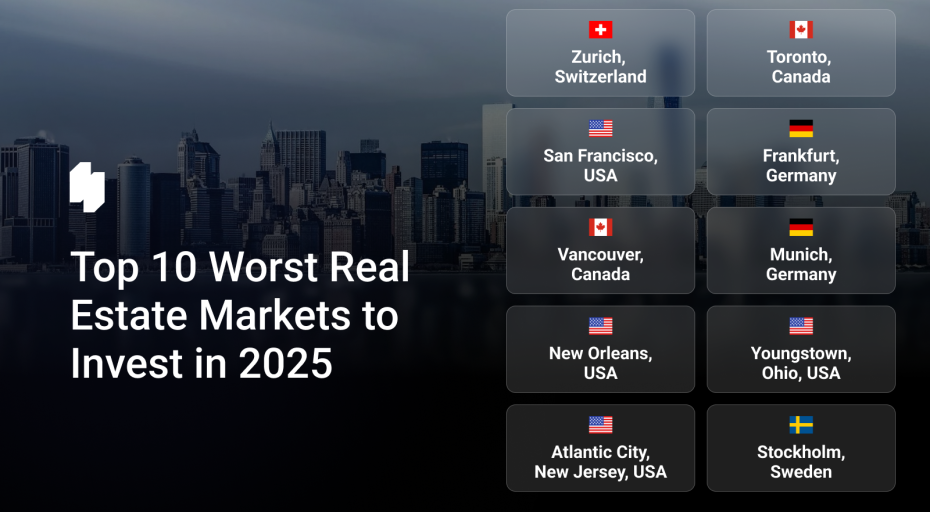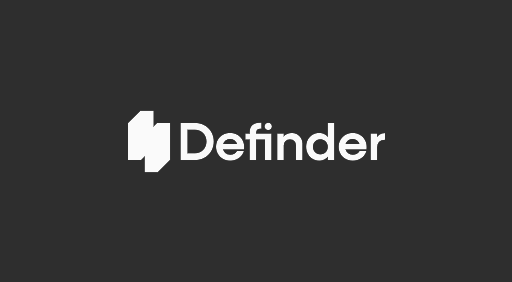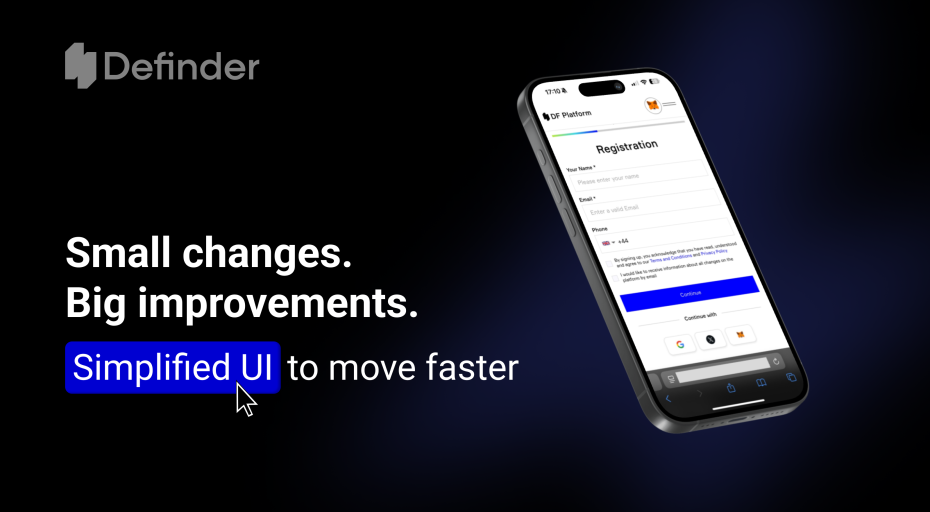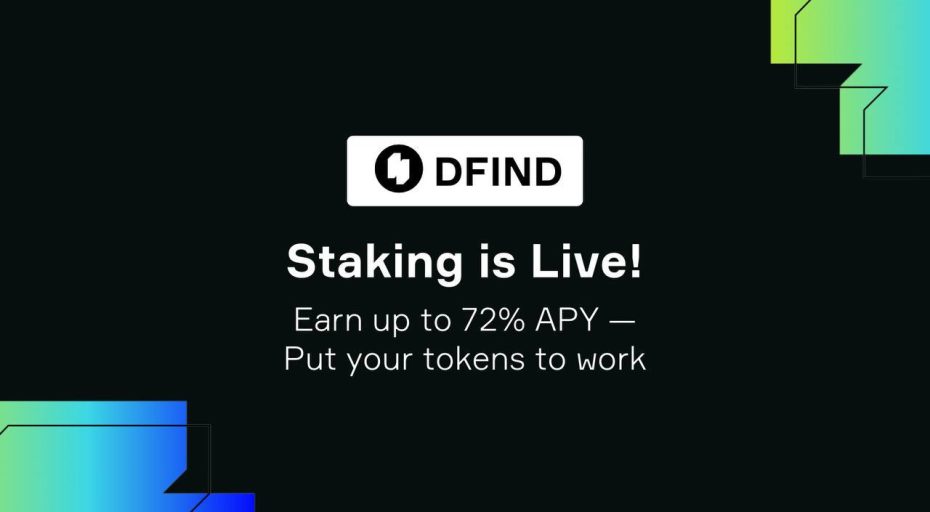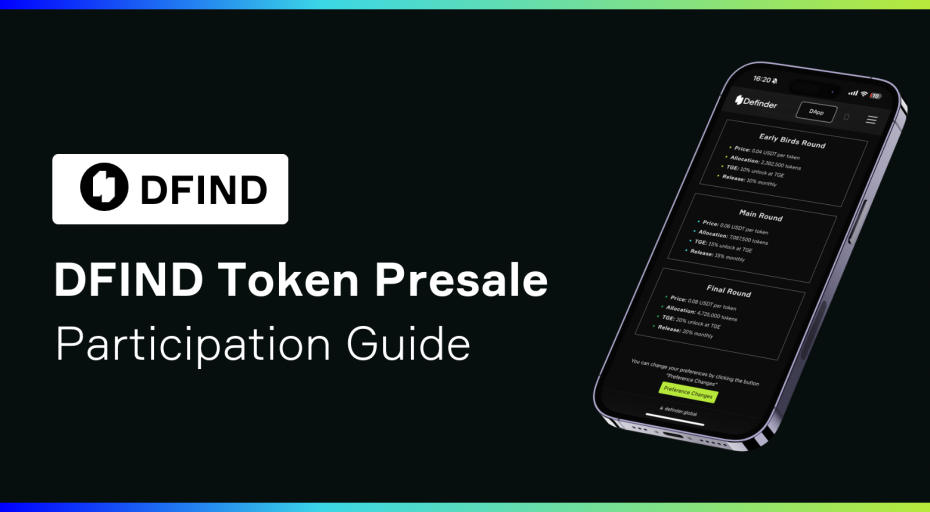Smartlands Network Architecture Explained: Inflation Update
Inflation is a very centric concept in any economy though inflation in the real economy and digital economy fundamentally differ. It does have different meanings. Inflation in the real economy is a change in the price level of goods and services, while in the digital economy is closer to the etymology of the word and means rate of increase in the total supply of a coin/token. Moreover, in real economy inflation is a result of many factors like change in money supply (namely inflation in digital economy meaning), GDP growth rate, key rate, advance in technology/productivity, etc, which in turn are driven by many other factors, inflation in the digital economy is usually set as a mechanically determined input. Nevertheless, inflation in both economies influence a great number of parameters, therefore we put a lot of consideration to this issue.
Inflation of a token that results in a steady increase in the number of tokens of all token holders without any actions required by a token holder is meaningless and could be compared with permanent company stock split. It does not increase the total value of tokens as well as stock split does not increase a company’s value. Provision of inflation tokens to certain actors disregarding the amount of tokens they hold is likely to be unfair and will dilute stakes of token holders and most likely diminish their value.
Therefore we consider the approach that inflation tokens are provided proportional to a token stake but only under certain conditions that are the most popular approach for PoS blockchains.
In the case of Smartlands Network we see 3 main goals of SLT inflation:
- stimulate professional validators to run nodes of the Smartlands Network.
- stimulate SLT holders to participate in reaching consensus through delegation of SLT to trustful validators or running a validator themselves.
- stimulate interest of DeFi participants to Smartlands Network.
To achieve these goals we decided to amend the inflation schedule as follows
| Year | Inflation rate |
| 1 | 9% |
| 2 | 7% |
| 3 | 5% |
| 4 | 3% |
| 5 | 1% |
Despite the fact we are not big fans of high inflation rates, we have decided to make the change predominantly to make Smartlands Network more attractive to DeFi market participants. Please read the discussion below to understand why. Note that all the active SLT holders will likely to benefit from the change.
Let’s take a closer look at each stakeholder.
Professional validators
Running a node requires software developers, DevOps, and servers that obviously come at a certain cost. At the launch of the network, activity is likely to be very low therefore transaction fees will not be sufficient to cover such costs. Thus, alike in PoW networks validators will get newly minted tokens proportional to tokens held (delegated) and work done, while sharing part of the tokens with SLT holders who delegated SLT to them.
SLT holders
Checking information about validators including their technical capabilities and truthfulness requires effort. Obviously, SLT holders are interested in the network run by good validators, but without benefit for making a risky decision, many are likely to stay passive. Inflation both benefits active and penalize passive SLT holders, that creates great motivation to choose a worthy validator to delegate his/her tokens.
DeFi market participants
DeFi is one of the first practical applications of blockchain technology beyond just making payments in digital currencies instead of fiat. Though DeFi is still at the very early stage without many meaningful applications, it has attracted a lot of attention recently and many projects involved are among top gainers in terms of their market cap. Inflation determines how much of the total project value increase is distributed to active token holders, therefore it directly influences the attractiveness of a token for potential buyers. Moreover, some holders may consider inflation as a proxy for return, therefore higher inflation will further increase the attractiveness of SLT for DeFi market participants. You may consider this Cosmos-related project for getting a better understanding of the market.
Looking a few steps further, we understand that tokens issued on Smartlands Network will be perfect assets for the DeFi market (as a collateral for DeFi loans). Attraction of DeFi market participants is likely to have not only a short term impact due to increase in the number of SLT holders but also lasting effect due to increase of a number of users of Smartlands Network.
Smartlands Network is a development of Smartlands Platform Foundation (SPF). SPF is a non-profit organization that supports the development and growth of the Smartlands Network.


